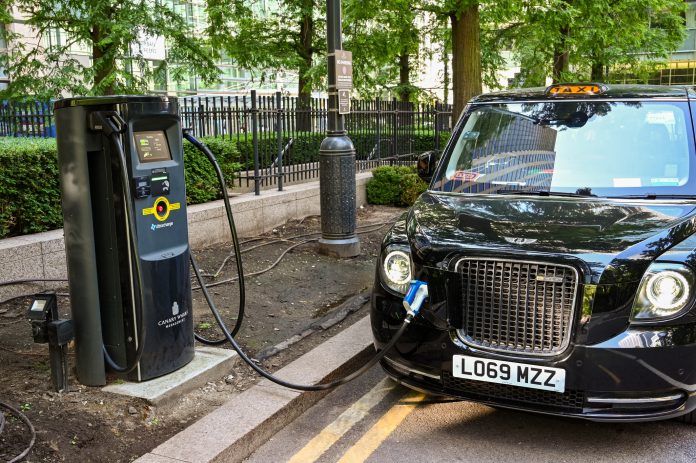The UK government has announced a £120 million investment to make the transition into electric vehicles (EVs) easier for drivers, taxi drivers and businesses
This investment will make the EV transition easier and cheaper for businesses and is part of a £2.3 billion investment, which supports the shift to zero-emission vehicles, creating jobs and driving economic growth across the country.
Supporting the transition to electric vans
Part of this investment is the Plug-in Van Grant for another year, allowing van drivers and businesses to buy electric vans.
The grant will be available for small vans (up to 2.5 tonnes) and larger vans (up to 4.25 tonnes), offering up to £5,000 in support. Since introducing the Plug-in Van Grant, the scheme has helped sell over 80,000 electric vans.
To further support the use of electric vans, the government is also cutting red tape by removing the extra training requirements for operating electric vans. This has previously only applied to EVs but not traditional petrol or diesel vans.
This is expected to save businesses money and reduce barriers to hiring drivers for electric van operations. Minister Lilian Greenwood confirmed these plans on February 25th.
Making our roads zero emissions
The £120 million funding will also help taxi drivers and their switch to electric vehicles.
Taxi drivers will be able to £4,000, which they can put towards purchasing a zero-emission black cab.
The Plug-in Wheelchair Accessible Vehicle Grant has also been increased, which will allow consumers to receive grants of up to £50,000, making it easier for people with accessibility needs to get around.
Bikers, as well as van and taxi drivers, will also benefit from this investment. £500 grants will be available to help bikers buy electric motorbikes.
The UK government is showing its support for electric vehicles through these new plans and grants; this includes tax schemes and investments into charging infrastructure.
Future of Roads Minister Lilian Greenwood said: “From van drivers and businesses to drivers with accessibility needs, bikers and cabbies, today we are making it easier, faster and cheaper for people to switch to electric vehicles.
“By making the transition to zero emissions a success, we’re helping to drive growth all over the UK, putting more money in people’s pockets and rebuilding Britain to deliver our Plan for Change.”
Sales in electric vehicles
With the popularity of electric vehicles on the rise, so are the sales. Over three hundred eighty-two thousand electric vehicles were sold in 2024, a 20% increase from 2023.
The government is also investing in expanding the UK’s public charging network, with over 74,000 chargers now available. This expansion is supported by a £200 million budget for charging infrastructure and plans for further private investments, ensuring EV drivers can charge their vehicles conveniently.
With electric car prices becoming more affordable, savings on running costs (up to £750 per year compared to petrol) and the growing availability of charging points, the transition to electric vehicles is gaining momentum. The average range of new electric cars has also increased, now covering around 236 miles on a full charge, making them a practical option for most drivers.
This push towards electric vehicles is part of the UK’s wider strategy to reduce emissions, create jobs, and build a cleaner economy.











